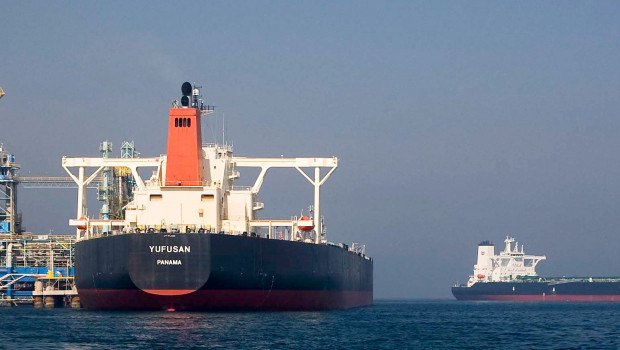IEA calls on OPEC+ to allow Middle East producers to boost output

BP
381.25p
12:54 24/12/24
Oil supplies from OPEC+ over the course of 2022 could undershoot the producer alliance's own goals by 1.0bn barrels unless those member countries who have spare capacity on hand increase their output, the world's oil watchdog said.
Exxon Mobil Corp.
$106.49
11:10 26/12/24
FTSE 100
8,136.99
12:59 24/12/24
FTSE 350
4,491.87
12:54 24/12/24
FTSE All-Share
4,449.61
13:14 24/12/24
Oil & Gas Producers
7,727.62
12:54 24/12/24
Shell 'B'
1,894.60p
17:05 28/01/22
Underinvestment by members of oil cartel OPEC and its allies, which together are known as OPEC+, means that some countries are incapable of meeting their individual production quotas under existing agreements.
"If the persistent gap between OPEC+ output and its target levels continues, supply tensions will rise, increasing the likelihood of more volatility and upward pressure on price," the International Energy Agency said in its monthly report.
"These risks, which have broad economic implications, could be reduced if producers in the Middle East with spare capacity were to compensate for those running out."
Saudi had the lion's share of the remaining spare capacity in OPEC+ but faced a near impossible task in raising production given that in the short-term an output boost above its allocated production quotas could weaken prices and thus other producers' revenues.
The IEA also revised higher its 2021 estimates of global oil demand by 1.0m barrels a day.
On the flip side, the watchdog's forecasts still pointed to a surplus of global oil production in 2022 as countries outside OPEC+ did ramp up output.
In the case of the US, the IEA raised its projection for the estimated increase in its daily oil output by 240,000 barrels for growth of 1.2m b/d.
As of 1258 GMT, front month Brent crude oil futures were climbing by 1.36% to $92.65 a barrel.